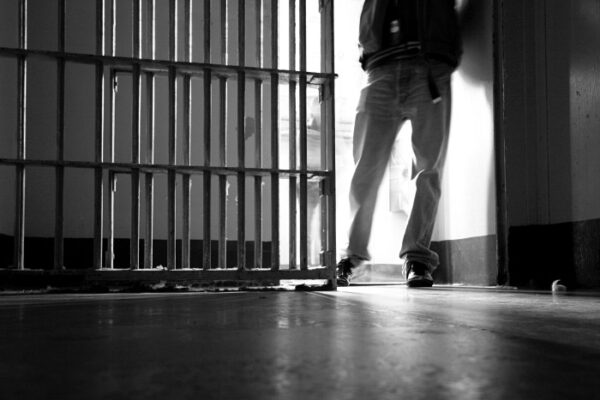This post is part of our Summer 2017 issue of Connection, our quarterly newsletter. To read the whole newsletter, click here.
The tragic hostage situation at James T. Vaughn Correctional Center (JTVCC), which occurred February 1 and 2, has put the work of the ACLU-DE legal department in the spotlight. In 2016, we received about 725 civil rights violation complaints, 450 of these complaints came from prisoners being held in JTVCC and other state prisons.
These complaints cover a wide range from minor concerns to adverse prison conditions and lack of access to proper medical treatment or mental health care. They also report serious verbal and physical abuse by some guards.
Recently, we shared a database of prisoner complaints (without prisoner identifying information) received in 2016 and January 2017 with the National Lawyers Guild. They analyzed the data and found that during the five months leading up to February 1 and 2 there was a trend towards more complaints about force, living conditions, legal access and mental health care. These trends were evident, although not statistically significant, even though overall complaints during that five month period were down.
One of the most persistent problems with prisoner complaints is the lack of a credible and effective grievance process within DOC. Without a fair, unbiased disciplinary system and no way to grieve complaints, prisoners suspect that their civil rights are being violated and that the conditions of imprisonment surpass legitimate bounds. In the book States of Siege (Oxford University Press, 1989), which analyzed the cause of prison riots, the authors state: “Inmates are not propelled to riot merely because they are deprived of the amenities available outside of prison—for punishment is the purpose of prison—but because the prison violates the standards subscribed to concurrently or previously by the state...” They conclude that prison riots are the product of a breakdown in prison operation and administrative control that cause problems beyond security flaws, including inconsistent and incoherent rules for inmates and guards, conflict between administration and guards, and the disruption of everyday routines for eating, work, and recreation.
Delaware’s prison system needs an overhaul. And the first step is reducing the number of prisoners overcrowding our facilities. We incarcerate at almost double the rate of New Jersey and at three times the rate of Virginia. It is time to give up the tough on crime approach. Smart on crime means protecting our community, while also instilling a culture of respect and rehabilitation in our prisons that will protect both the guards and the inmates.
In Solidarity,




